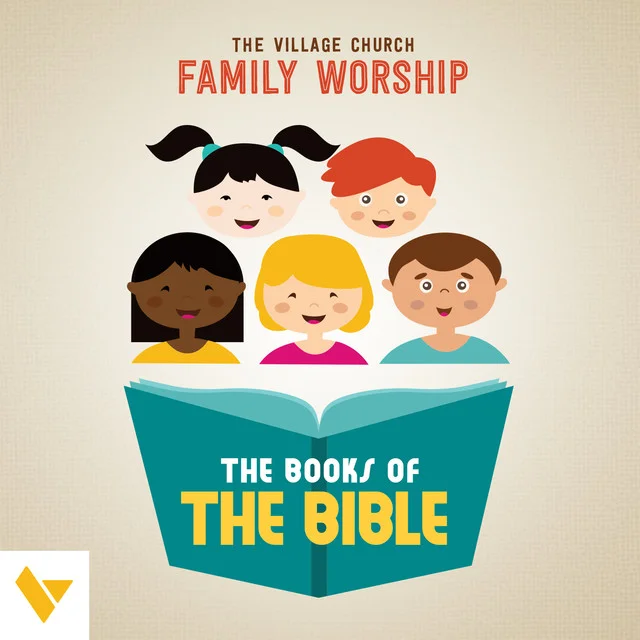Coming this Spring 2020 is a new series on “The Most Important Thing in Life!” We will take you through history and the Bible, specifically in the Bible’s New Testament books (also ‘letters’ or ‘epistles’) of 1 and 2 Corinthians. These two books are written by the Christian apostle, Paul, who originally was a Jewish leader of the Pharisees group and later transformed to follow Jesus.
These two books he writes include a vast amount of topics, themes, life issues, doctrines, personal history, theology, etc. but he summarizes everything into one important thing. The one important thing in life affects, aims, and aligns our life to it. By this one important thing in life, he lived and died. Paul found his greatest joy, worst sufferings, and ongoing purpose in the most important thing in life. Paul also instructs, teaches, guides, counsels, rebukes, corrects, influences, and engages people because of the most important thing in life.
Sometimes we may have believed and behaved as Paul did in his past, trying to question God and live however we want to — whether that’s legalistically (what we think is right) or licentiously (what we want to do regardless). We may be inquisitive or even antagonistic to God and ask questions like the following:
Is the world during the Bible days really different from our world?
Is the Bible out-dated, irrelevant, unhelpful, and only for museums?
Why can’t I just live the way I want to in this life?
Since I am born a certain way and pre-disposed to do whatever I want, then what’s wrong with that?
Since other people are not doing what God wants, then why should I care?
These questions and statements seem to be ever increasing and endless. Like every generation, there’s a tsunami wave of questions always bearing down on the culture in order to seemingly excuse one’s self to live however by attempting to dismiss and disprove God. And instead of seeking truth and doing what’s loving, we try to use, twist, and cover up truth and labeling it “loving.”
No matter the questions, God answers, hence why Paul wrote these two books of the Bible to the Corinthians. Paul addresses countless topics like:
God
People worship
False teachings
Deception
Temptation and mockery
Incest
Sexual morality and immorality
Marriage and singleness
Food and restaurants
Lord’s Supper, communion
Skills, talents, and gifting
Love
Jesus and the gospel
Churches, fellowship, and specific people
Afflictions, suffering and pain
History, Roman empire, Corinth, Greece, Macedonia and other regions
Financial generosity
People involved and being Christian in real life
The most important thing in life
And God is good and he remains steadfast throughout every generation revealing himself that brings people to be “inspired by truth and love to make life, disciples, and churches all about Jesus” — as Paul says:
“For I decided to know nothing among you except Jesus Christ and him crucified.”
(1 Corinthians 2:2 ESV)




























